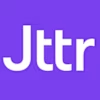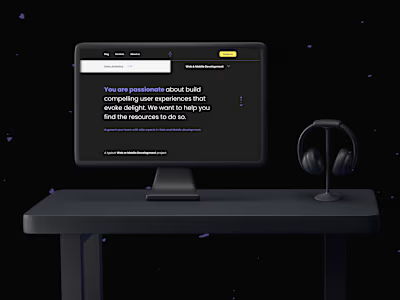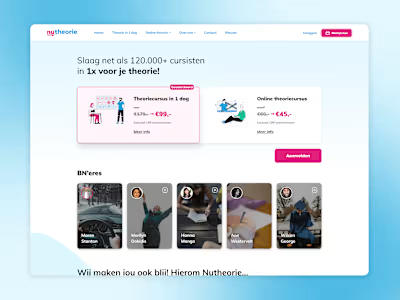Abyshcho - iOS Word Game done with Lovable
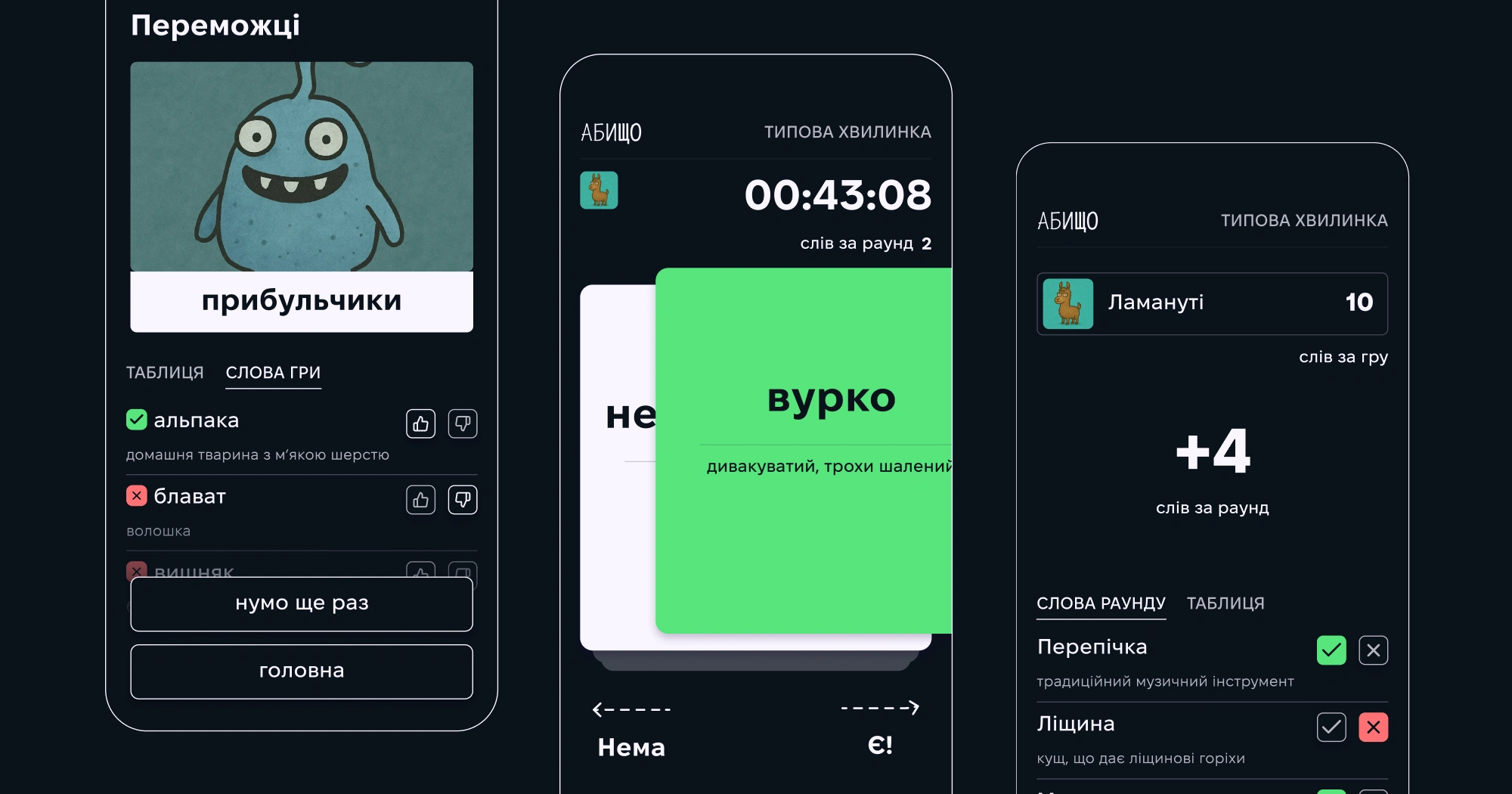
Abyshcho
roughly: “Whatevs” / “A random something”
In Ukrainian, “Абищо” literally means nonsense or some oddball thing. It’s used to describe something random, weird, or simply hard to define. Which fits this project perfectly.
Here’s how I like to think about my first app: Abyshcho is a game where your brain kind of glitches out trying to explain the words that are rarely in use.
The backstory
I have friends who love playing Alias-type games. But every time we try one, the apps are in foreign language, cluttered to the point of chaos, and the words? Painfully basic. So I decided: enough of that.
This game was born out of a deepening love for my native language. After years of disconnect, I’ve been re-immersing in Ukrainian — maybe overcompensating a bit. I’ve turned into one of those people who side-eye grammar mistakes and daydream about bringing more nuance and beauty into how we use the language.
So I thought: why not make a fun, slightly educational game built entirely around great Ukrainian words? Something playful and low-pressure, that still sparks curiosity — and leaves space for users to shape it too.
Mind you, I didn’t know SwiftUI. I tried Cursor three times, then dove into Swift like my eyes were on fire. I still don’t have time to code seriously — but thanks to no-code tools and a bit of grit, I not only released the app, but also pushed four updates. The latest one (2.0) is the biggest — and honestly, I’m pretty proud.
Wild, right? Still can’t quite believe I pulled it off.
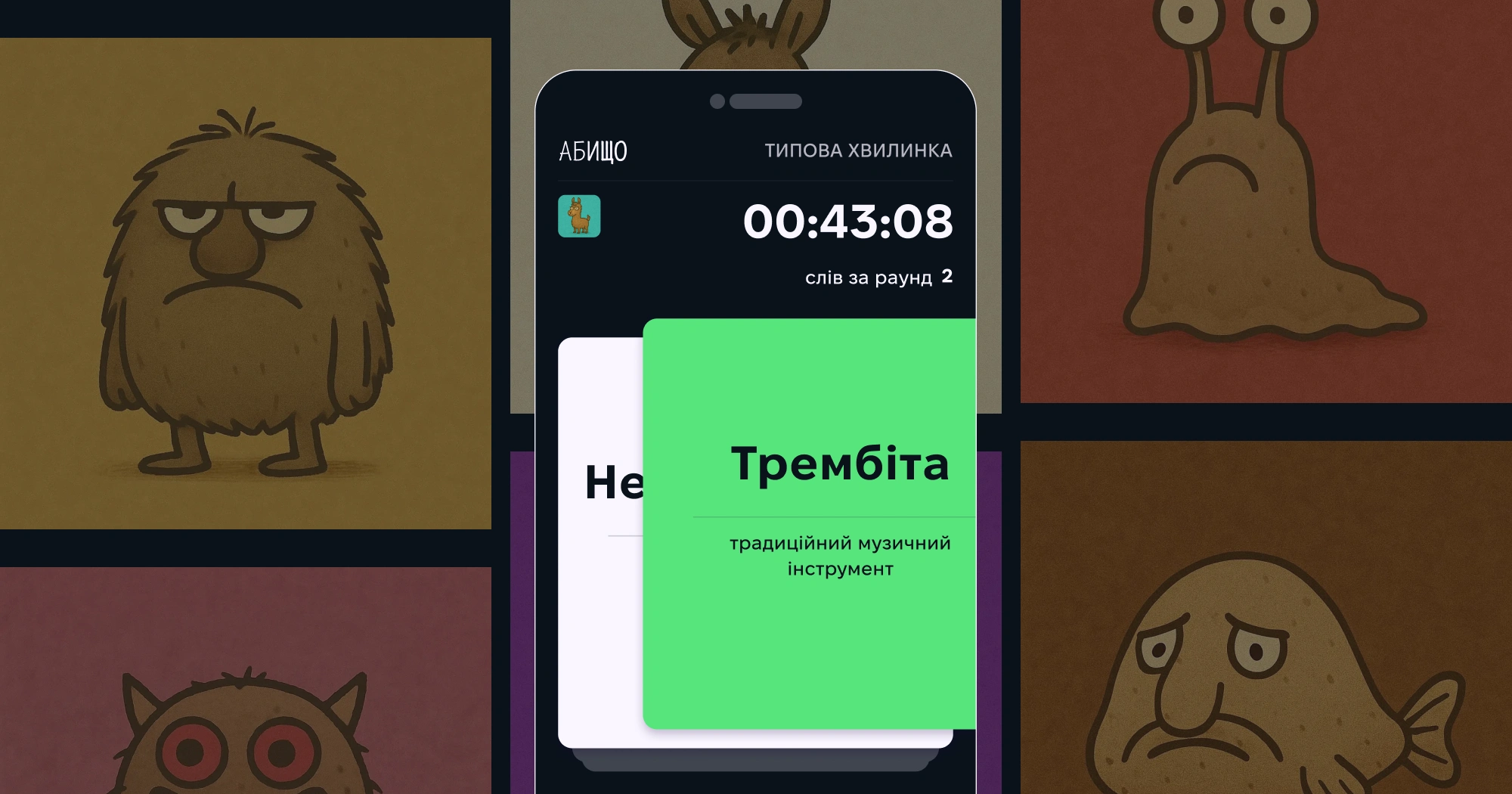
The essentials
📈 Clever and quirky words — with explanations
A ridiculous amount of time went into making the gameplay and words themselves as engaging and brain-melting as possible. Neurons willsweat.
🎨 Clean UI, thoughtful UX
Every screen was crafted with care, based on what a game like this should feel like — intuitive, fun, and built to be genuinely enjoyable.
🚥 Offline-friendly and ad-free
This is the kind of game you play near a campfire, out in the countryside, surrounded by friends. So it works offline. And ads? Ew. No ads. Ever. I respect my users too much for that.
Why make another Alias? Or — the challenge
The instinctive reaction: “Wait, doesn’t this already exist?”
I personally looked into it. And honestly? Out of all the word games in Ukrainian I could actually recommend — none of them are real Alias-style games.
Most Alias-like apps focus entirely on monetization, full of ads and bloated word lists that feel like they were scraped from a kids' dictionary. (No offense, but… come on.)
Ukrainian has incredible richness — dialects, forgotten gems, repressed words that deserve a second life. I wanted to dig them up. I combed through websites and dictionaries to find the kind of words that would truly fit the Abyshcho vibe.
Building the logic — and making peace with compromises
To make the game more welcoming — especially for friends used to mindless Alias clones — the first step was easing players in. Sharp UI or gameplay shifts only work if they feel smooth and familiar.
That’s why a few recognizable (but still playful) words were mixed in early on — to avoid frustration and help players ease into the game’s tone.
The classic “score 50 to win” mechanic didn’t quite work here. The words were too unfamiliar — most rounds capped at 4 points, turning gameplay into a slow grind.
Now, each game consists of six rounds: enough to feel complete, not exhausting, and craving for more :)
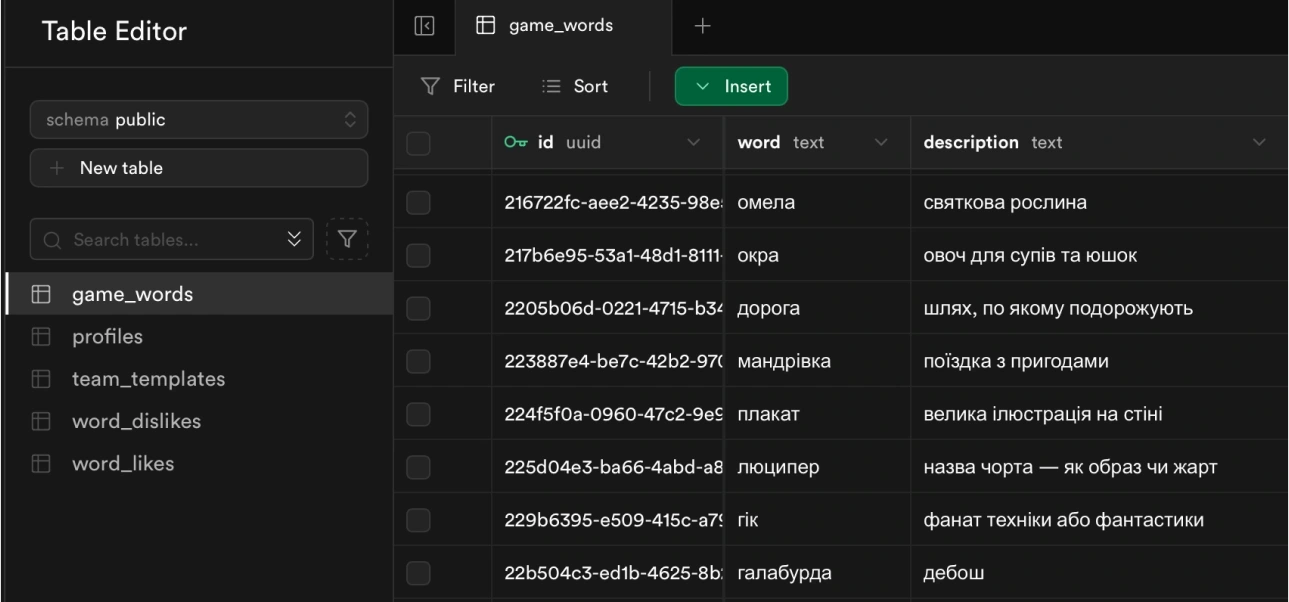
database word sneak pic - I now have more than a 1000!
User experience & cool lil features
Since many words are new or forgotten by players, at the end of each round you can check what the word actually means 🙂 This feature always makes me smile and really resonates with me personally. Everything’s in one place — no need to Google.
If a team really dislikes a word, they can “dislike” it, and that word will never appear again for them. But this is individual only — dislikes don’t affect the word database for other players.
Of course, you can also “like” words. For me, that’s a great indicator of what my users want more of — and a nice little ego boost ☺️
Bonus: the app works offline and is free for Apple users in Ukraine and Poland 🙂
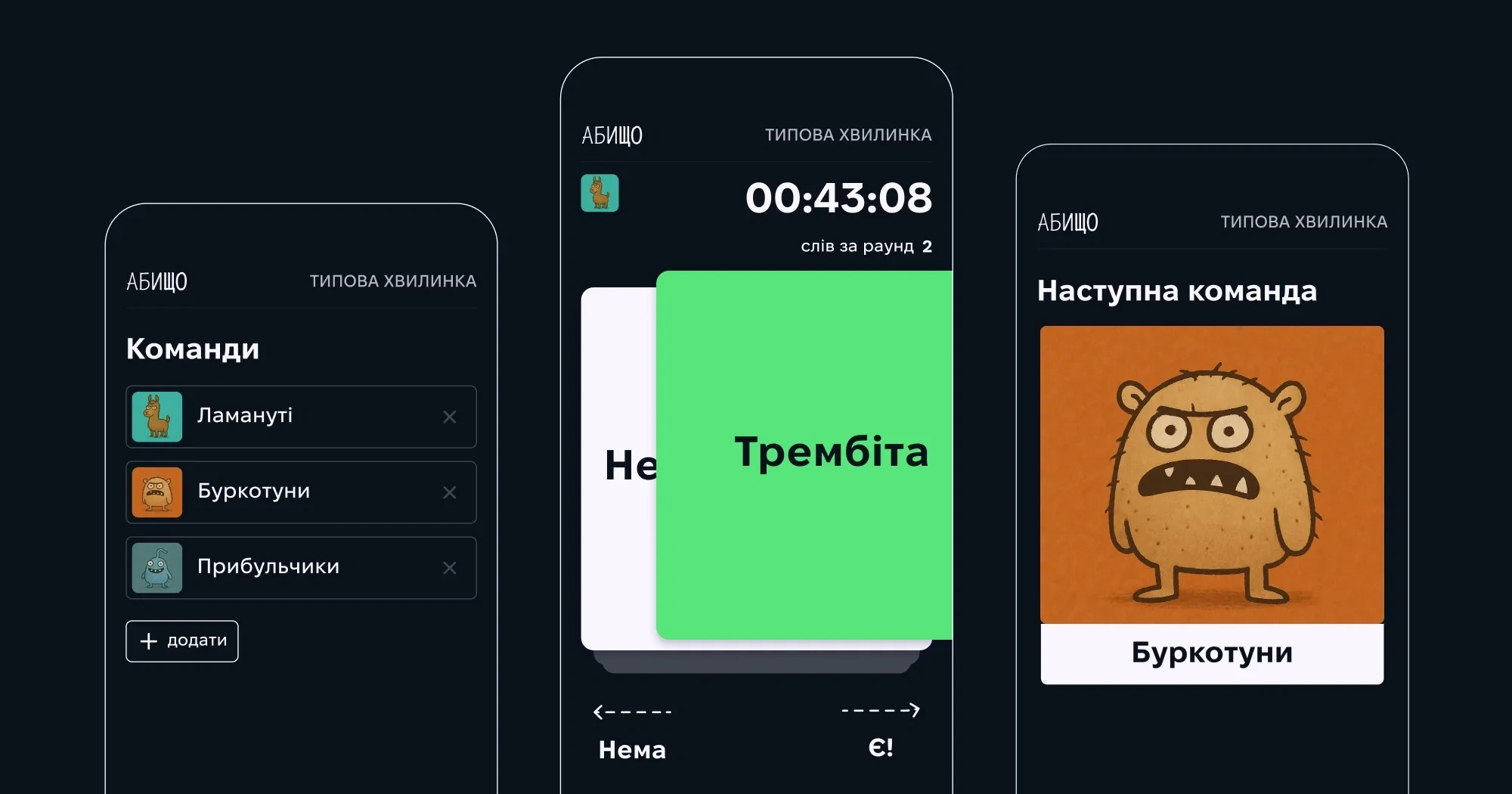
UI
Design & minimalism
I = minimalism. Better just enough than too much. The main focus here was clear, intuitive, and concise design that works 95% of the time to please the user. Why 95%? Statistics. Someone will always dislike something — just because 🌚🌚🌚 — and that’s totally okay.
Of course, the tiny but helpful design system was created and it made the work with Lovable super convenient — especially to catch when AI goes a bit off track. (Sometimes I might explained things badly, oh well.)
And of course: haptic touch! Swipes and haptic feedback are the game’s core motor skills 🙂
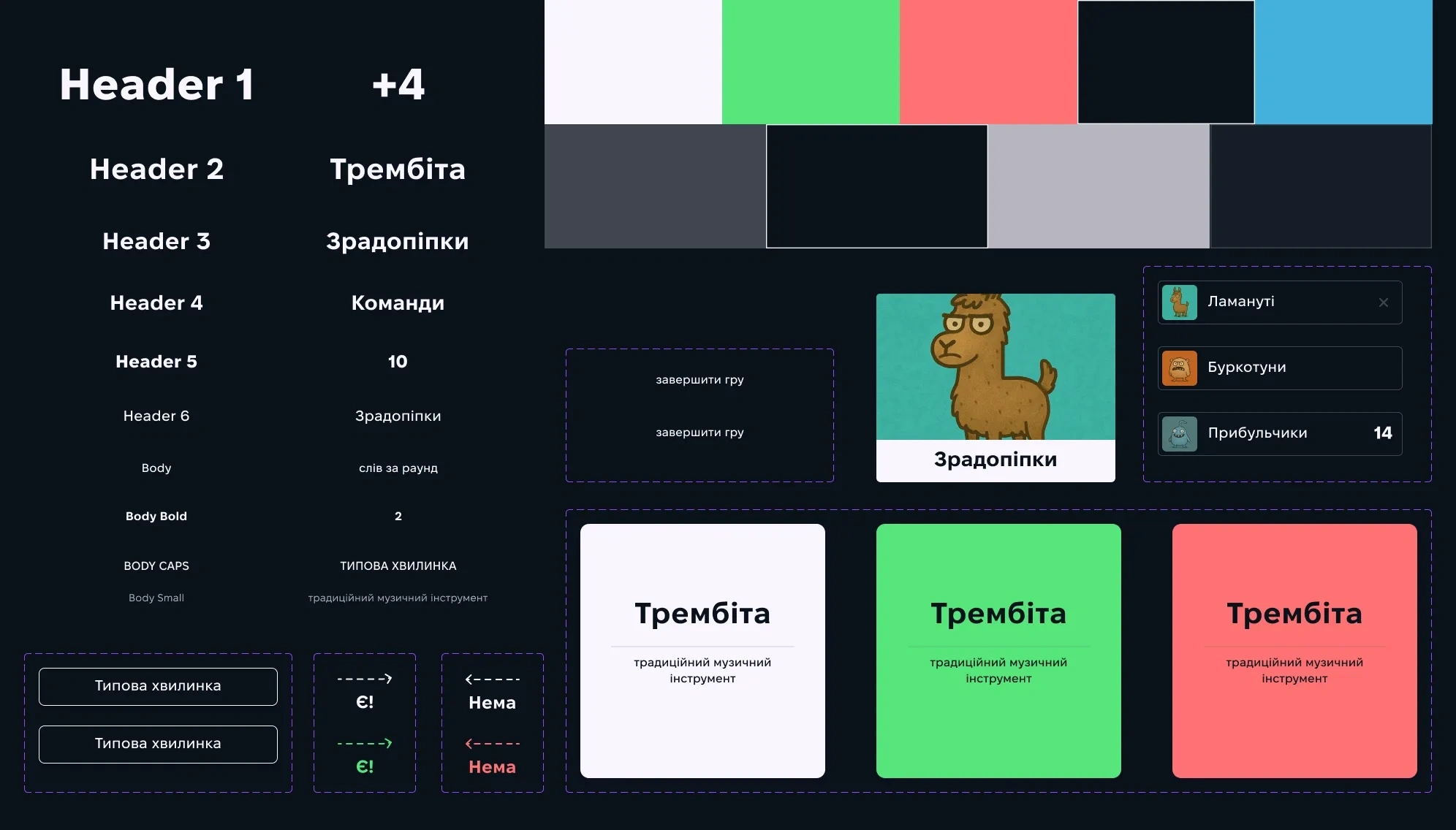
Conclusions
Honestly? What a wild experience! Will I keep developing it? Absolutely. There’s still so much to do — fix bugs, add new levels, adapt and improve.
Is Lovable lovable? Without a doubt!
Do I plan to make more apps? I’m afraid so 😂🤓
Did I forget to mention something about my app-building journey? 100%. 🫠
Want to learn more? Leave me a message :)
Have a project for me? Schedule a call!
Like this project
Posted Jul 25, 2025
My first game app, made with Lovable — quirky, offline-friendly, and meant to be shared with friends. A playful dive into Ukrainian words for curious minds.
Likes
1
Views
17
Timeline
Jul 14, 2025 - Ongoing


